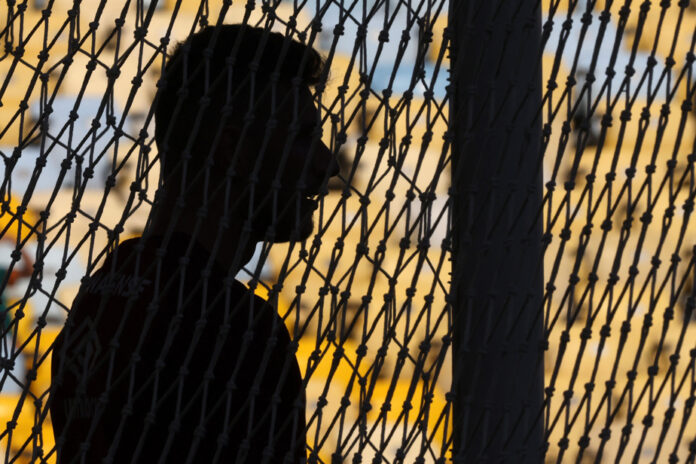(Sao Paulo) Thousands of dollars to concede a penalty or take a yellow card: the scourge of match-fixing also plagues Brazil, a country where soccer is king and where online betting is booming.
The alarm bell was sounded last week by the state prosecutor’s office in Goias (center), which has suspicions about six first division matches played in September and November 2022.
They would have been rigged to ensure a criminal network “juicy profits” on betting sites.
“We do not rule out that other matches could have been fixed,” said Fernando Cesconetto, prosecutor in charge of the investigation, at a press conference.
This could only be “the tip of the iceberg”, added Rodney Silva, another prosecutor.
“Brazil is an extremely vulnerable country when it comes to match-fixing,” Udo Seckelmann, sports betting expert at law firm Bichara e Motta, told AFP.
According to him, one of the reasons for this vulnerability is the large amount of professional matches played in this huge soccer-mad country, with four national divisions and regional championships being played at the start of the year.
In this context, it is difficult to monitor all the matches, while sports betting sites have become essential: they sponsor 19 of the 20 clubs in the Brazilian first division.
Online betting is allowed in Brazil, but its regulations are still unclear.
Another determining factor: while the stars earn fortunes, the salaries of the vast majority of professional players playing in Brazil are far from staggering, which makes them “more likely” to be corrupt.
“Brazil is still learning how to deal with this problem”, and is still fumbling to “implement controls, do prevention and impose sanctions”, summarizes Mr. Seckelmann.
Controls have nevertheless been strengthened this year, and Congress on Wednesday set up a parliamentary commission of inquiry to look into the subject.
“External interference in results is a global epidemic that must be punished urgently and exemplarily,” the Brazilian Soccer Confederation (CBF), which organizes national competitions, recently claimed.
Nearly a fifth of these meetings took place in Brazil (139), a 56% increase in one year, according to the daily O Globo.
The suspicions took a legal turn in November, when Vila Nova, a second division club, denounced to the prosecution the alleged fixing of three games on the last day of its championship.
Searches were carried out and charges brought against eight players and six punters in February.
Following another police operation, on April 18, investigators identified “indicates” of rigging for six Premier League games.
In exchange for sums ranging from 10,000 to 20,000 dollars, they had to, for example, receive yellow cards on purpose, concede penalties or cause a certain number of corners.
The identities of the players targeted, who face six years in prison for corruption, have not been revealed, apart from that of Santos defender Eduardo Bauermann, who denies any involvement.
Other match-fixing scandals have plagued the five-time world champion country’s soccer in the past.
One of the most iconic episodes is the “Whistle Mafia” in 2005, when corrupt referees rigged 11 league games to benefit punters.















